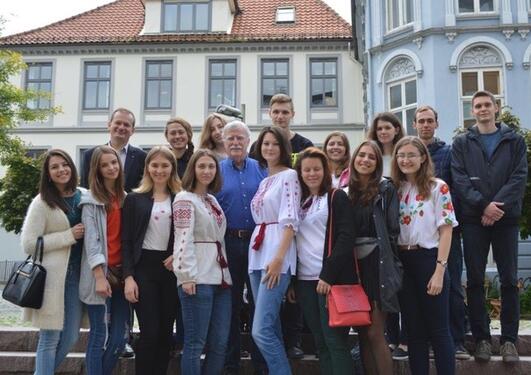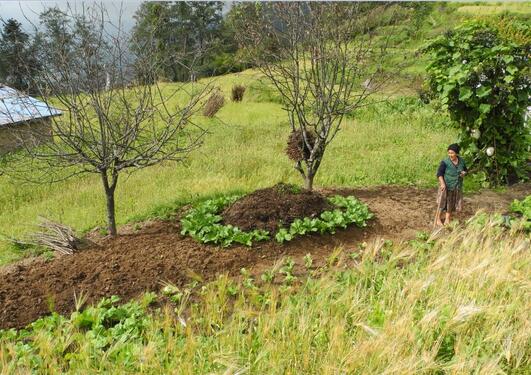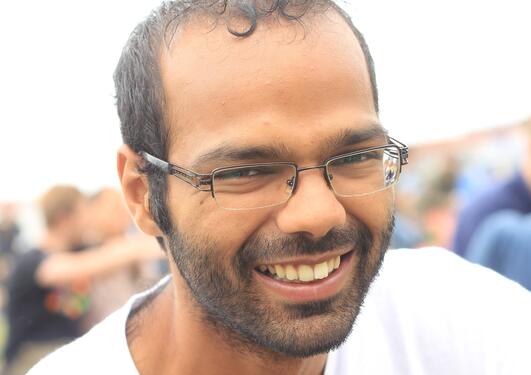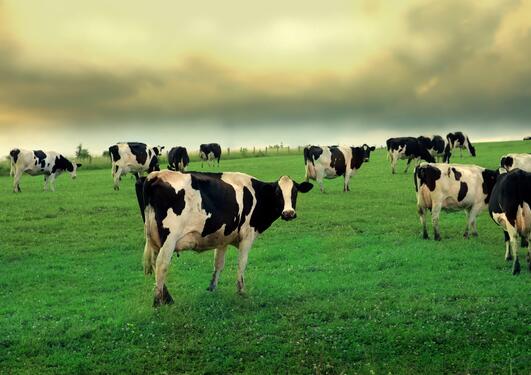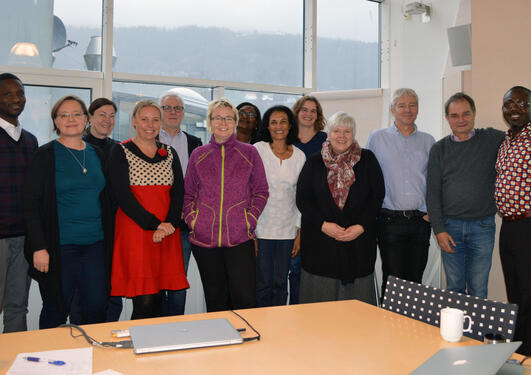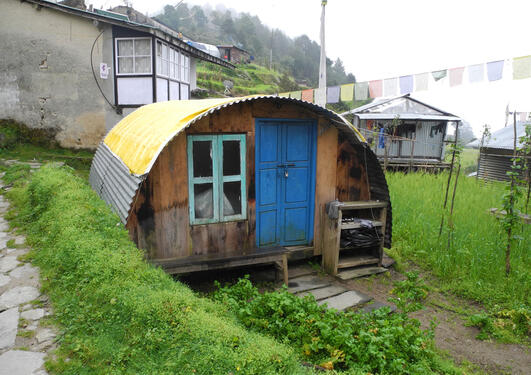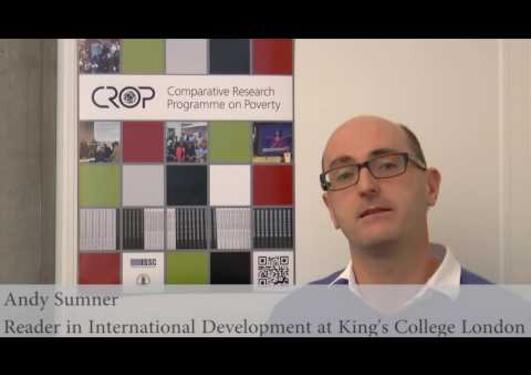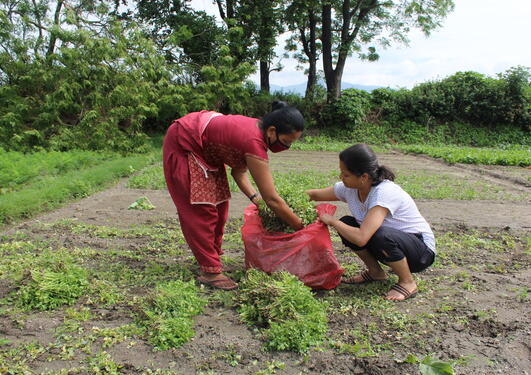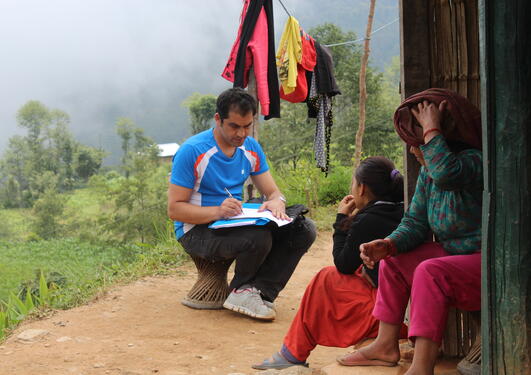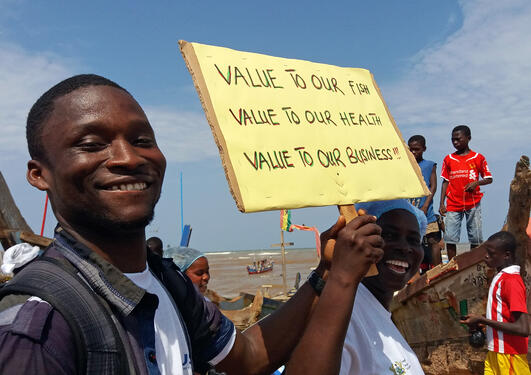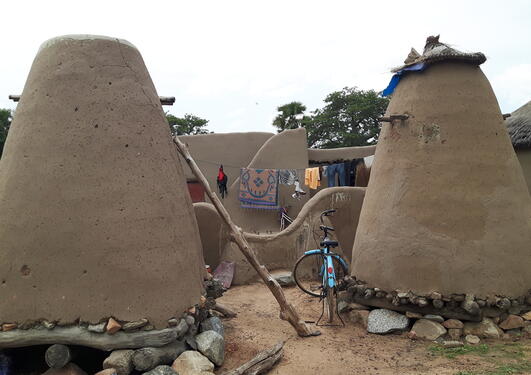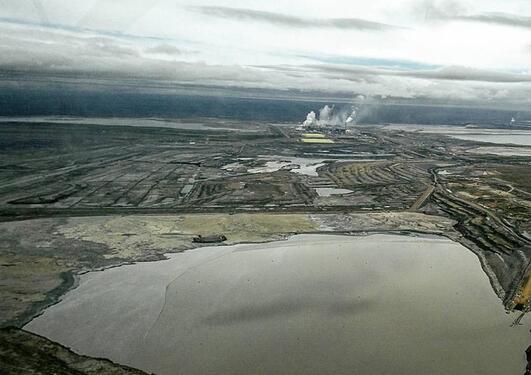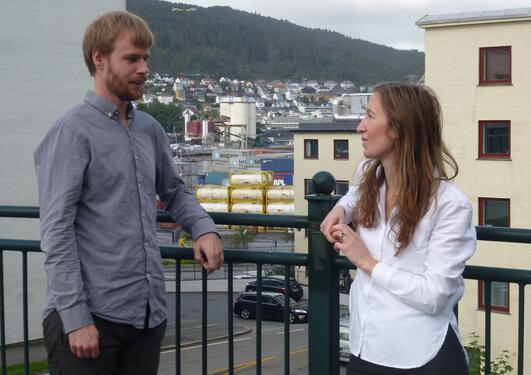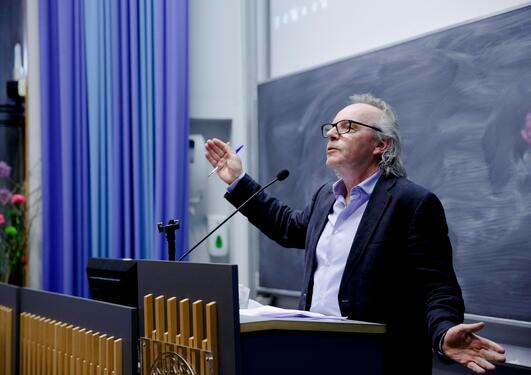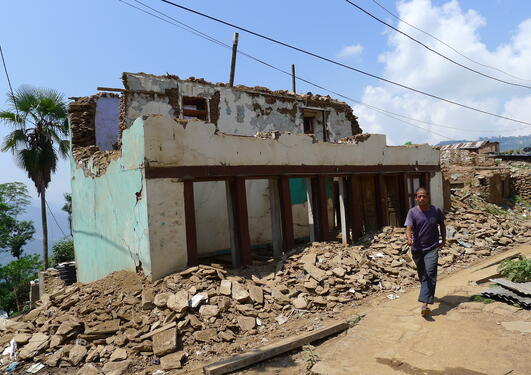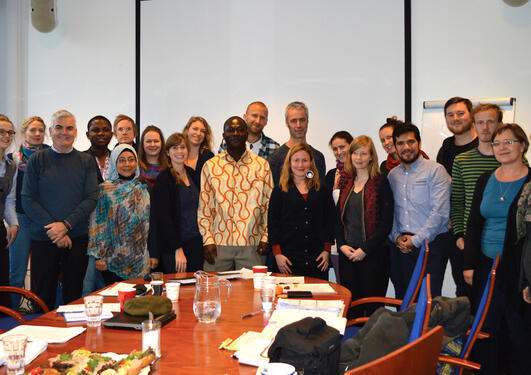News archive for Department of Geography
Twenty-one students plus five instructors from the National University of Kyiv-Mohlya Academy and Ivan Franco National University of Lviv studied system dynamics in Bergen during the 2016-17 academic year.
This new book, edited by professor Tor Halfdan Aase and published at Oxford University Press, asks to what extent Himalayan farmers and their institutions are prepared to face a future when external production conditions change.
Siddharth Sareen started his position as a Postdoctoral Research Fellow this week. He will work on energy sector governance, with a focus on solar energy transitions in Southern Europe.
Birgit Kopainsky is partner in a project about sustainability and resilience in European agriculture. The project recently received more than 4.8 million Euros from the EU’s Horizon 2020 programme.
Consumption of fish and its contribution to the diets, especially of low income populations and vulnerable groups, offers important means for improving nutrition. Despite this, fish is strikingly missing from strategies for reduction of nutrient deficiency, for example among pregnant and lactating women, children and poor people.
Questions of aesthetics and cultural identity add layers of complexity to the reconstruction process that cannot – and should not – be ignored.
UiB Global and CROP launch working paper series on global challenges.
In this study I analyse both risks and benefits of using waste and wastewater in peri-urban agriculture in Kathmandu Valley.
My master project is about agricultural innovation in Arun Valley, Nepal: innovation capacity in response to climatic and non-climatic uncertainties.
My master prosject is addressing fisheries governance and the concerns of fisher folks with regards to oil and gas extraction activities in Axim, Ghana.
My master project study focuses on food insecurity in smallholder farmers household during the Lean season in the Guinea Savanna zone of Ghana with Navrongo as the study area.
Local indigenous groups in Alberta, Canada embrace change as a survival strategy in the oil sands areas characterized by instability and uncertainty in the wake of the economic recession and devastating natural disasters.
In August two new PhD-students started working at SpaceLab: Jakob Grandin and Kristin Edith Abrahamsen Kjærås.
The Green Economy Network with the editors Andrew Jones, Patrik Ström, Brita Hermelin and Grete Rusten launches an international book about role of services in the Greening of the Economy.
Professor Terje Tvedt criticizes Social Sciences for being “water blind”.
On the 25th and 26th of April and 12th of May Nepal was struck by massive earthquakes. One year later we wanted to explore which farming systems fared better or worse after this natural disaster.
Where is the power? Why do poor farmers remain poor? Is the dominance of the global oil companies eternal and inevitable? How do local politics and power relations influence climate adaptation projects? Can conflicts of interest be turned into constructive dialogue in planning processes?
Pages
- December 2025 (2)
- October 2025 (1)
- June 2025 (1)
- February 2025 (2)
- December 2024 (1)
- November 2024 (3)
- October 2024 (2)
- September 2024 (2)
- August 2024 (3)
- July 2024 (2)
- June 2024 (1)
- April 2024 (2)
- March 2024 (1)
- February 2024 (1)
- December 2023 (2)
- November 2023 (1)
- October 2023 (5)
- September 2023 (2)
- June 2023 (2)
- May 2023 (1)
- March 2023 (1)
- February 2023 (1)
- December 2022 (1)
- August 2022 (1)
- June 2022 (1)
- May 2022 (1)
- March 2022 (2)
- February 2022 (2)
- November 2021 (1)
- September 2021 (2)
- June 2021 (1)
- May 2021 (1)
- March 2021 (1)
- December 2020 (1)
- September 2020 (4)
- June 2020 (2)
- May 2020 (1)
- March 2020 (1)
- February 2020 (1)
- December 2019 (1)
- November 2019 (1)
- May 2019 (2)
- March 2019 (1)
- February 2019 (1)
- December 2018 (1)
- November 2018 (2)
- October 2018 (1)
- July 2018 (2)
- June 2018 (1)
- May 2018 (3)
- April 2018 (1)
- February 2018 (1)
- January 2018 (4)
- November 2017 (3)
- October 2017 (1)
- September 2017 (1)
- July 2017 (1)
- June 2017 (1)
- April 2017 (1)
- January 2017 (1)
- December 2016 (1)
- November 2016 (3)
- October 2016 (4)
- September 2016 (2)
- August 2016 (1)
- June 2016 (2)
- December 2015 (1)
- November 2015 (1)
- October 2015 (5)
- August 2015 (1)
- June 2015 (1)
- April 2015 (1)
- February 2015 (2)
- January 2015 (2)
- November 2014 (1)
- September 2014 (3)
- August 2014 (1)
- April 2014 (1)
- March 2014 (1)
- January 2014 (1)
- December 2013 (2)
- October 2013 (3)
- June 2013 (1)
- May 2013 (1)
- March 2013 (1)
- December 2012 (3)
- November 2011 (1)
- October 2011 (2)
- January 2011 (1)
- November 2010 (2)
- August 2010 (1)
- December 2009 (1)
- October 2009 (3)
